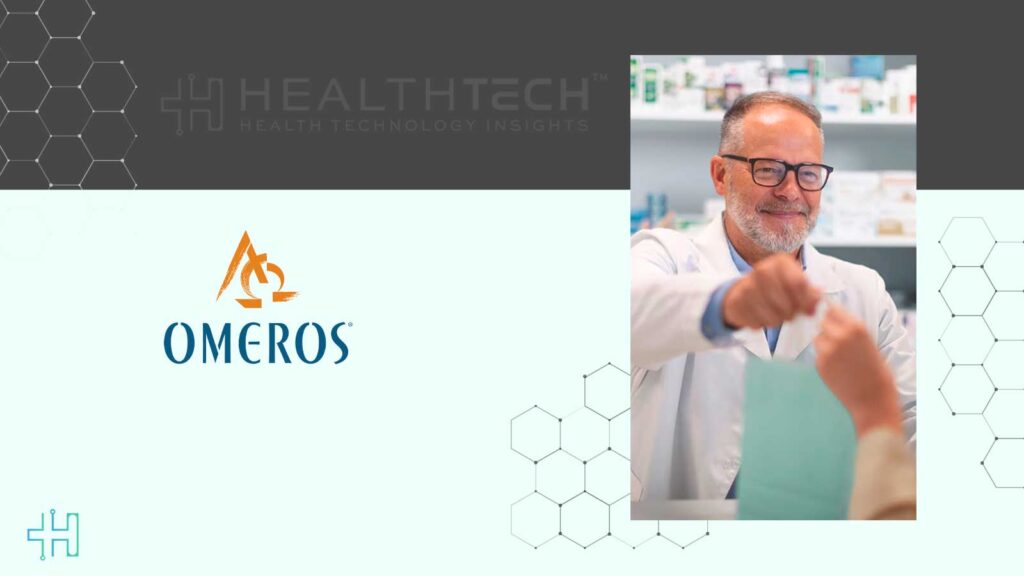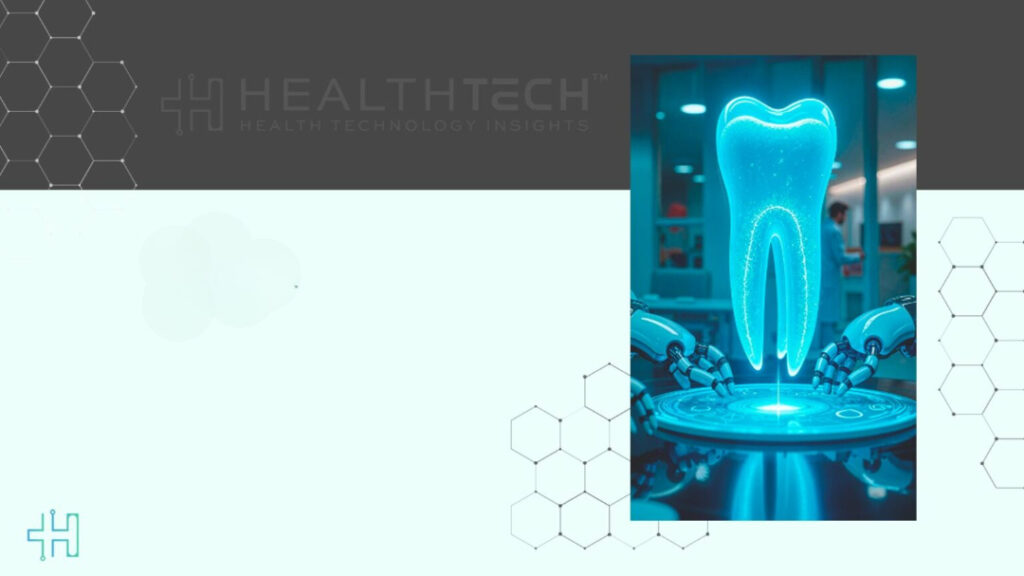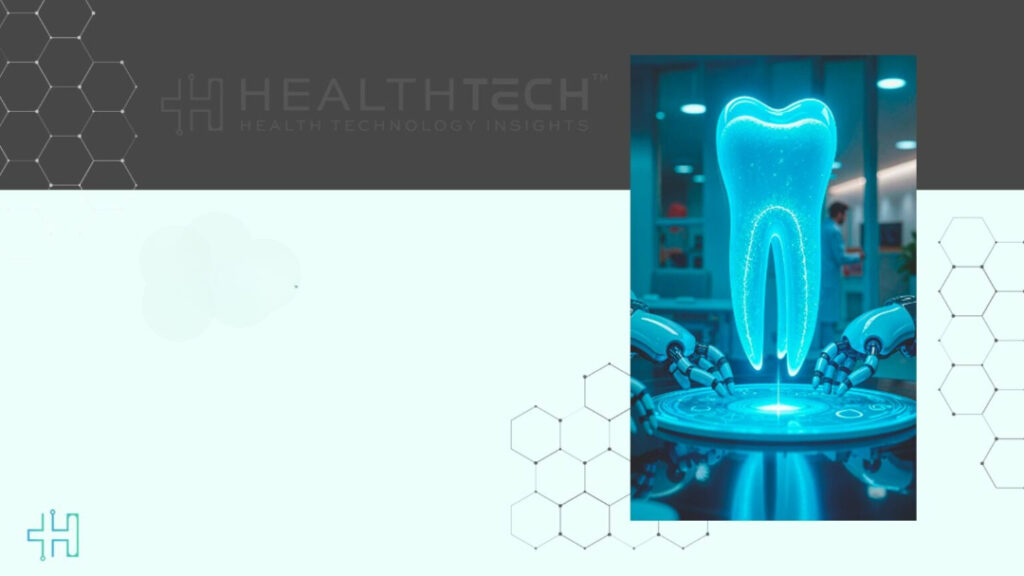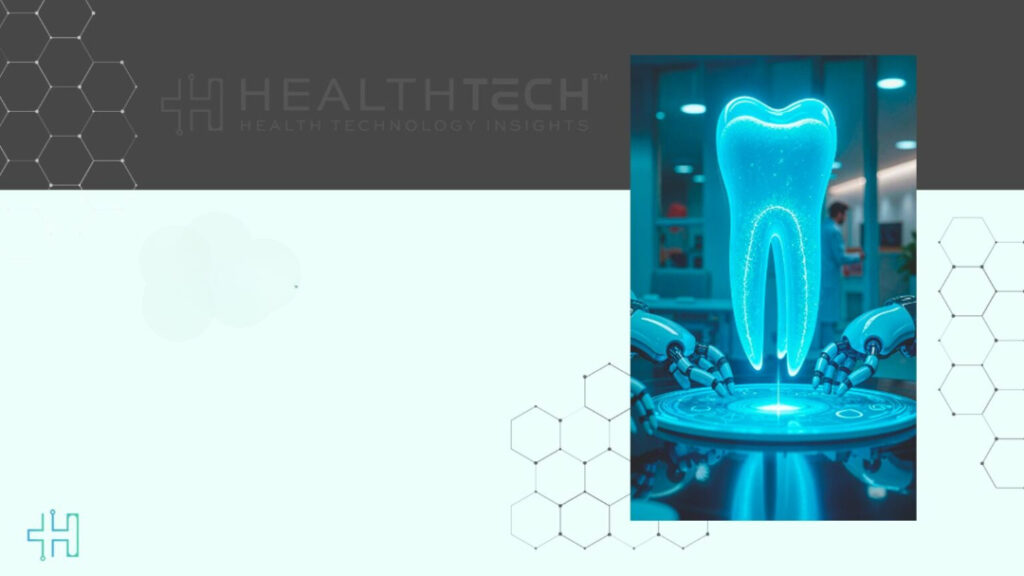Omeros Corporation announced the recent submission of a Marketing Authorization Application to the European Medicines Agency for narsoplimab for the treatment of hematopoietic stem cell transplant-associated thrombotic microangiopathy.
Health Technology Insights: Allied Health Provider Launches Training to Ease Staffing Crisis
The MAA includes response-based analyses in narsoplimab-treated TA-TMA patients as well as analyses comparing overall survival between narsoplimab-treated patients and a well-matched external control group. Collectively, the results demonstrate a 61% response rate and, compared to the matched external control, a three-fold improvement in overall survival. The submission also includes outcomes in over 130 TA-TMA patients treated with narsoplimab under Omeros’ expanded access program.
Narsoplimab has been granted orphan drug designation by the EMA for treatment in hematopoietic stem cell transplant, enabling review of the MAA through the centralized procedure. This allows for a single marketing authorization to cover all EU member states and the European Economic Area countries of Iceland, Liechtenstein and Norway.
The review procedure begins in mid-July and will follow a standard review timeline. The Committee for Medicinal Products for Human Use (CHMP) will conduct the scientific assessment and will issue an opinion at the end of the review. This opinion is typically adopted by the European Commission, with a final decision expected in mid-2026.
Health Technology Insights: Ubie Secures $125Million to Expand AI and Provider Solutions in US
The MAA submission follows the acceptance for review by the U.S. Food and Drug Administration (FDA) of the resubmission of the Biologics License Application (BLA) for narsoplimab for the treatment of TA-TMA. The resubmission was assigned a Prescription Drug User Fee Act (PDUFA) target action date of September 25, 2025.
About Narsoplimab
Narsoplimab, also known as “OMS721,” is an investigational fully human monoclonal antibody targeting mannan-binding lectin-associated serine protease-2 (MASP-2), a novel pro-inflammatory protein target and the effector enzyme of the lectin pathway of complement. Importantly, inhibition of MASP-2 has been demonstrated to leave intact the antibody-dependent classical complement activation pathway, which is a critical component of the acquired immune response to infection. A biologics license application (BLA) for use of narsoplimab in the treatment of hematopoietic stem cell transplant-associated thrombotic microangiopathy (TA-TMA) is under review by the U.S. Food and Drug Administration (FDA) and Omeros has submitted the corresponding European MAA. FDA has granted narsoplimab breakthrough therapy and orphan drug designations for TA-TMA and orphan drug status for the prevention (inhibition) of complement-mediated thrombotic microangiopathies. The European Medicines Agency has granted orphan drug designation to narsoplimab for treatment in hematopoietic stem-cell transplant.
About Hematopoietic stem cell transplant-associated thrombotic microangiopathy (TA-TMA)
Hematopoietic stem cell transplant-associated thrombotic microangiopathy (TA-TMA) is a significant and often lethal complication of stem cell transplantation. This condition is a systemic, multifactorial disorder caused by endothelial cell damage induced by conditioning regimens, immunosuppressant therapies, infection, graft-versus-host disease, and other factors associated with stem cell transplantation. Endothelial damage, which activates the lectin pathway of complement, plays a central role in the development of TA-TMA. The condition occurs in both autologous and allogeneic transplants but is more common in the allogeneic population. In the United States and Europe, approximately 30,000 allogeneic transplants are performed annually. Recent reports in both adult and pediatric allogeneic stem cell transplant populations have found an approximately 40-percent incidence of TA-TMA, and high-risk features may be present in up to 80 percent of these patients. In severe cases of TA-TMA, mortality can exceed 90 percent and, even in those who survive, long-term renal sequalae (e.g., dialysis) are common. There is no approved therapy or standard of care for TA-TMA.
Health Technology Insights: Porton and EVA Pharma Partner to Expand CAR T-Cell Therapy Access
To participate in our interviews, please write to our HealthTech Media Room at sudipto@intentamplify.com
Source – businesswire






